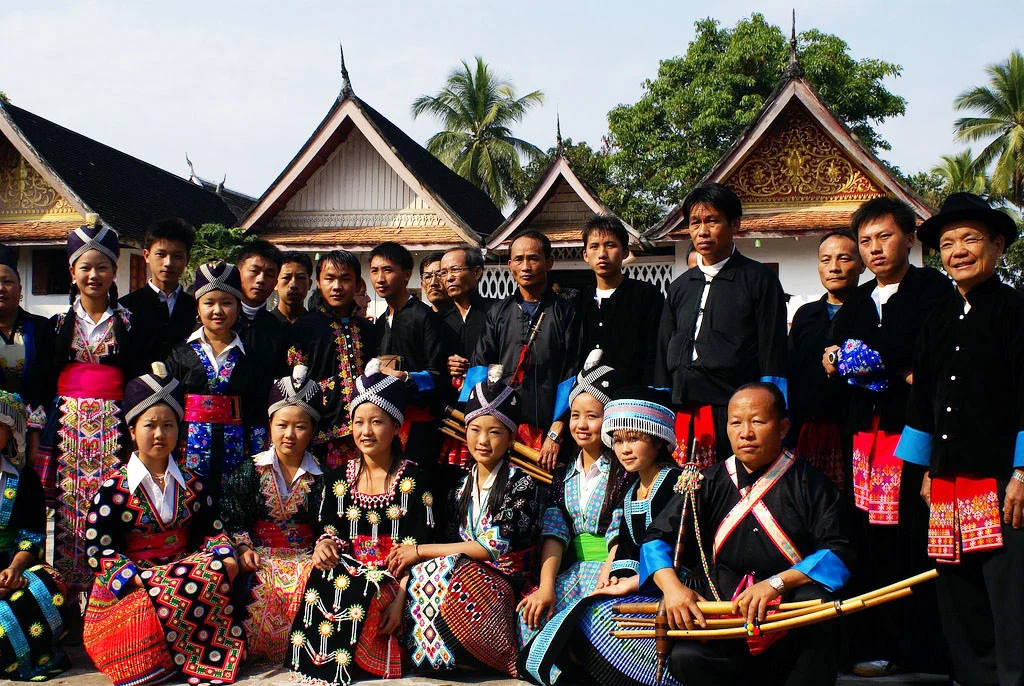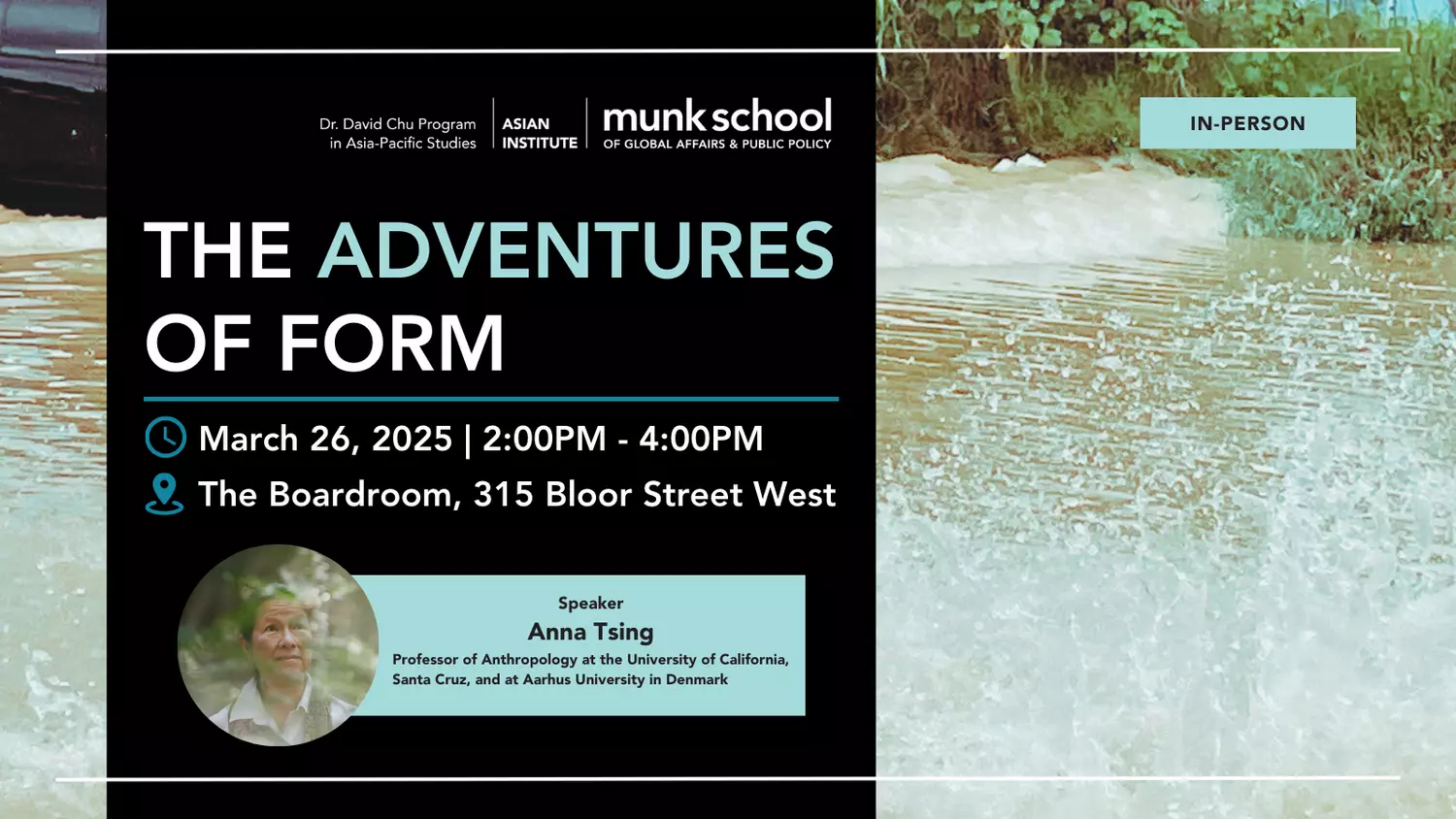On February 9, the event “Security Cooperation in East Asia, Japan, South Korea, and the United States” was held at the Vivian and David Campbell Conference Facility at the Munk School of Global Affairs. The event is part of the JAPAN NOW Symposium, co-sponsored by the Munk School of Global Affairs, Department of Political Science, Consulate General of Japan in Toronto and Asian Institute. At the beginning of the event, the three speakers were introduced; Peter D. Feaver, Professor of Political Science and Public Policy at Duke University, Director of the Triangle Institute for Security Studies, and Director of the Duke Program in American Grand Strategy; Naoko Kumagai, Associate Professor and Director of the International Relations Program at the International University of Japan who researches the issue of comfort women; and Seung Hyoke Lee, Political Science lecturer at the University of Toronto Scarborough and Associate at the Centre for the Study of Global Japan at the Munk School.
A. Welch, Dean’s Distinguished Visiting Scholar of the Endowed Chair Program in Japanese Politics and Global Affairs at the University of Toronto, began the talk with a greeting. Given the ongoing crisis of North Korea’s nuclear weapons program and the fact that Japan, South Korea and the United States are key players internationally, the focus of the event was how these three nations can work together.
First, Dr. Feaver explained the basics regarding current events globally and within Asia specifically. He emphasized that the United States welcomes Japan to grow more globally and the retreat of the United States from Trans-Pacific Partnership was a great gift for China’s security interests.
Following Dr. Feaver’s talk, Dr. Kumagai discussed the question “To what extent did the history hamper the security cooperation?” In her speech, she focused on the issue of Jugun Ianhu, or comfort women, who were primarily South Korean women forced to sexually serve the Japanese military. She explained the disagreement between Japan and South Korea regarding these South Korean comfort women. In 1995, the Japanese government established the Asian Women’s Fund to support the welfare work for the women. In the following year, Japanese Prime Minister Ryutaro Hashimoto sent letters of apology to comfort women. At the same time, however, the Japanese government argued that the issue had been legally solved with an official agreement between Japan and the South Korea in 1965. Although the South Korean government at first accepted Japan’s apology, it refused the apology. Furthermore, in 2011, the statue of a comfort woman was built in front of the Japanese Embassy in Seoul by an activist group. Dr. Kumagai argued that one of the causes of the ongoing disagreement is the countries’ differing interpretations of comfort women; this disagreement influences the relationship between the two nations. She emphasized the importance of East Asian countries’ ability to control the impact of the region’s history when it comes to their cooperation for security matters.
Next, Dr. Hyok discussed a different perspective on the management of relationships between Asian countries; he studied their relationships at the societal, not the governmental, level. Given the fact that the historical narratives of the Japanese and South Koreans are increasingly diverging, he considers the these narratives to be at the core of the issue of the relationships between Japan and South Korea. For Japan and South Korea to improve their relationship for the sake of both countries’ security, Dr. Hyok argued they should both step back and examine whether the other side is on the same page before moving on. Instead of delving into history, citizens must shift their perspectives.
The three scholars all agreed on the importance of cooperation between the South Korea, Japan, and the United States. Given factors like differing national interests, international positions, and historical problems, it is difficult for these countries to immediately work together. It would serve these countries to try to understand the current situation correctly, find similar values, and tackle the historical disagreement not just between governments but among the citizens of each country.
Yurie Kaku is a third-year student at the University of Toronto, and she is currently serving as an Editor in Synergy.








